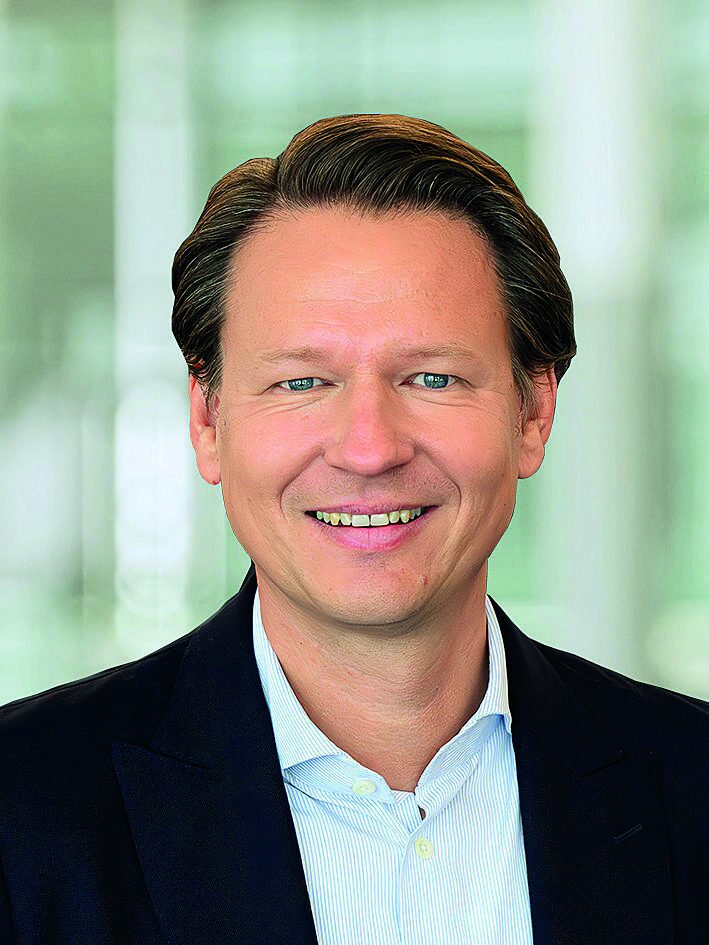

The mood in German boardrooms continues to deteriorate: Only 72 percent of CEOs in Germany still expect growth for their company in the next three years - a low compared to 77 percent in 2024, 80 percent in 2023 and even 90 percent in 2022. International managers are more optimistic: 79 percent of them expect their companies to grow in the same period.
Above all, the ongoing economic and geopolitical uncertainty is forcing many companies to realign their growth strategies: More than half of German CEOs see major takeovers as a likely step and are turning to artificial intelligence for greater efficiency and profitability. This is shown by the KPMG CEO Outlook 2025, for which 1350 corporate leaders worldwide were surveyed, including 125 CEOs from Germany.
Confidence among German CEOs is declining across all growth expectations surveyed: for the first time in years, the study recorded a decline in the global economy, their own industry, their own country and their own company. Only 64% of respondents still expect the global economy to grow in the medium term, while the figure for their own sector has fallen to 71%. Looking at Germany in 2025, only 75% of CEOs expect the domestic economy to continue to grow in the next three years.

ㅤ
ㅤ
"German CEOs are investing in AI, developing new skills and showing an increased willingness to make acquisitions."
Mattias Schmelzer,
CEO, Spokesman of the Executive Board,
KPMG
Challenging digitalization
Digital transformation in particular remains a key challenge:
For 77% of German CEOs, cybercrime and cyber insecurity, for 76% the successful integration of AI into business processes and for 72% the training of their own workforce in dealing with AI are key areas of action. Despite or perhaps because of the gloomy economic outlook, German CEOs are increasingly turning their attention to artificial intelligence and are planning significant investments. 68 percent name the technology as a top investment target, while 80 percent intend to allocate more than ten percent of their budget to generative AI on average over the next twelve months. Internationally, the figure is 83 percent.
German CEOs expect measurable returns from the use of AI in the short term. In each case, 18% of CEOs cite greater profitability and better decision-making and data analysis as the most important benefits of AI. In addition to the benefits, the CEOs see hurdles in the introduction of AI: a lack of regulation (70%), ethical challenges (62%), high implementation costs and insufficient data quality (58% each) are rated as particularly challenging by the respondents.
AI is a beacon of hope
To counter these hurdles, they are focusing on training rather than job cuts when introducing AI: almost half (47%) are investing in training in the short term in the coming year. 73% will also redesign roles and career paths in the medium term over the next two to five years. The biggest challenge cited by 30 percent is identifying suitable candidates with AI expertise.
Mattias Schmelzer, CEO and Spokesman of the Executive Board of KPMG, summarizes the findings of the study as follows: „German CEOs are more sceptical about their growth prospects compared to their international counterparts. Nevertheless, they are not remaining passive, but are actively shaping the transformation. They are investing in artificial intelligence, developing new skills and showing an increased willingness to make acquisitions. In this way, companies are specifically looking for ways to increase their competitiveness and secure their future viability.“
For the KPMG CEO Outlook 2025, 1350 CEOs of large companies worldwide were surveyed in August and September 2025. The study covers eleven key industries and includes executives from Australia, Canada, China, France, Germany, India, Italy, Japan, Spain, the UK and the USA. The companies have an annual turnover of at least 500 million US dollars. The CEO Outlook 2025 is the eleventh edition of this series.






